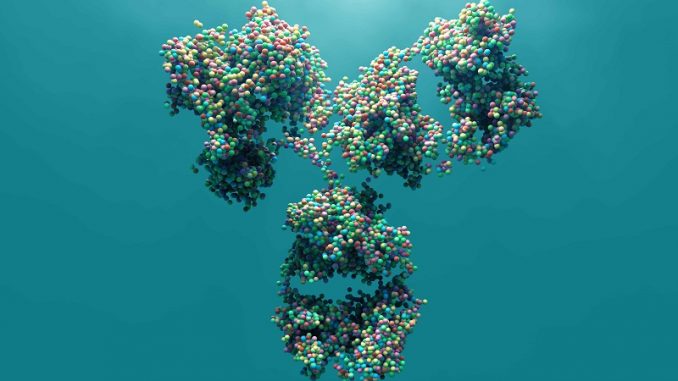
COVID-19 is a current pandemic, caused by the SARS-CoV-2 virus. Diverse abnormalities in immune cells, such as neutrophils, macrophages and T-cells have been found in SARS-CoV-2 infection, and such abnormalities cause a massive inflammatory status that impairs the tissue function.
In the study published in BJBMS, the authors explored the close relationship between the immune system abnormalities and the broad spectrum of clinical manifestations of COVID-19. Moreover, the authors summarized the most useful laboratory parameters in COVID-19 patients.
It is necessary to understand the implications of immune response on each of the symptoms of COVID-19 to improve the treatment and prevent the critical phase of COVID-19. Some examples of how the basic information is related to the clinical parameters are:
- The high production of pro-inflammatory cytokines is a result of an imbalance on T-cell subsets;
- The pro-inflammatory macrophage being increased in severe but not in mild form of the disease;
- The neutrophils extracellular traps (NETs) promote a hypercoagulation state and microvascular damage;
- The expression of the ACE2 receptor on enterocytes could explain gastrointestinal manifestations.
The knowledge of the basic immunological process is fundamental to make a correct interpretation of laboratory analyses in COVID-19. Although the scientific community is continuously making efforts to understand the physiopathology of COVID-19, several questions are still unresolved, and their answers are necessary for early recognition and appropriate treatment of the immunological complication during the SARS-CoV-2 infection.

Reference:
Editor: Edna Skopljak, MD
Leave a Reply